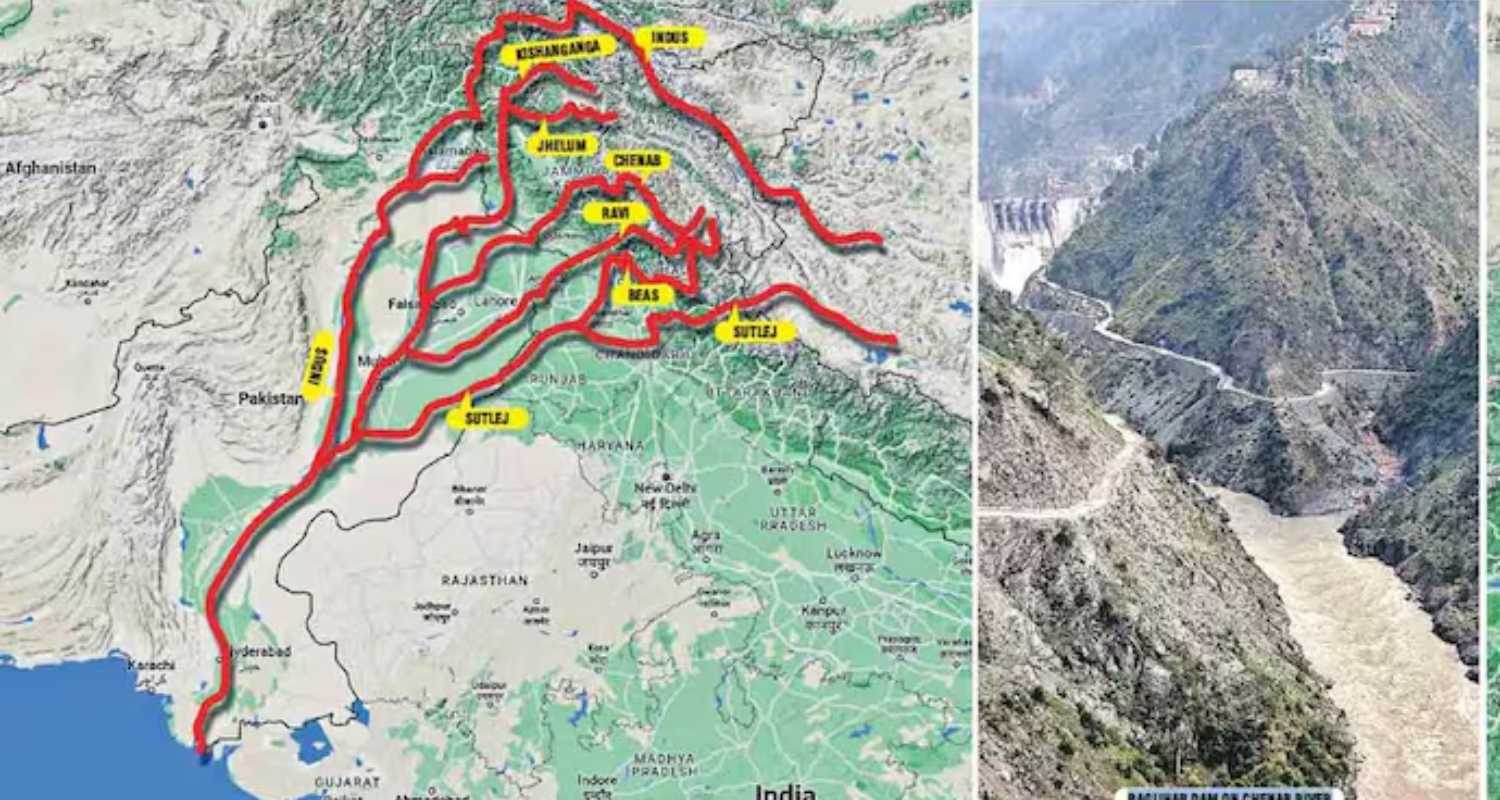As the nation mourn the killings of 26 lives in the Pahalgam terror attack, allegedly carried out by LeT terrorists, India, as a retaliatory measure, suspended the Indus Water Treaty (between India and Pakistan) for the unsaid time. The decision came after Prime Minister Narendra Modi convened a meeting with the top officials concerned with the matter.
Will consider the move as an 'Act of war': Pak
Pakistan denied any involvement in the Pahalgam terror attack and strongly condemned India's decision to suspend the Indus Water Treaty. The country argued that any attempt to divert water from the treaty would be seen as an "Act of War."
In retaliation, Pakistan announced the suspension of trade, key bilateral agreements such as the Simla Agreement, and airspace access to India. These measures were taken in response to India's actions following the attack. The retaliatory announcements came after a meeting chaired by Prime Minister Shehbaz Sharif, where Pakistan formulated its response to India's suspension of the treaty and downgrade of diplomatic ties.
On Wednesday, India took several strong measures, including expelling Pakistani military attachés, suspending the 1960 Indus Water Treaty, and closing the Attari land-transit post due to the cross-border links to the terror attack.

What is the 1960 Indus Water Treaty?
The Indus Water Treaty (IWT) is a water-sharing agreement signed on September 19, 1960, between India and Pakistan after nine years of World Bank-mediated talks. Signed by Indian Prime Minister Jawaharlal Nehru and Pakistani President Ayub Khan, the treaty grants India control over the eastern rivers (Ravi, Beas, Sutlej) and Pakistan control over the western rivers (Indus, Chenab, Jhelum). It restricts each country from using the other’s assigned water, except for power generation.
Why was the treaty needed in the first place?
The Indus Water Treaty was needed to resolve disputes between India and Pakistan over the shared Indus River system after their 1947 partition. The river basin was crucial for irrigation, hydropower, and drinking water, especially in Punjab and Sindh. Tensions arose as India, being upstream, could control the water flow to Pakistan, threatening its agriculture.
After India briefly halted water flow in 1948, Pakistan raised the issue in the UN, leading to nine years of negotiations facilitated by the World Bank. The treaty, signed to ensure fair water access and reduce tensions, has remained intact even through conflicts like the Kargil War.
Let's look at how the suspension will impact Islamabad:
Pakistan is already facing a political and economic crisis, with a 40 per cent water shortage, as reported by the media. Since 90 per cent of Pakistan’s agriculture depends on the Indus Basin, suspending the Indus Water Treaty could severely impact water flow, affecting crop yields and the economy, especially in rural areas.
Pakistan’s water storage capacity is limited, with major dams like Mangla and Tarbela holding just 10 per cent of the country’s annual water allocation. While Pakistan can argue that India is violating international norms, the suspension may still be justified under Article VII (disputes).
Expert's say:
Pradeep Kumar Saxena, who served as India’s Indus Water Commissioner for over six years and was involved with treaty-related work, previously stated in a conversation with the think-tank NatStrat that India should respond strategically by speeding up development on the western rivers, renegotiating the treaty proactively, and challenging Pakistan's selective interpretations.
"The ongoing diplomatic and technical engagement over the Indus Waters Treaty highlights the complex geopolitical dynamics of shared water resources in South Asia. India’s calm and principled approach will be key to navigating this sensitive issue," he told NatStrat.
Thakkar also highlighted issues with the treaty’s dispute-resolution mechanisms, saying, "It has been in a mess for nearly a decade," referring to the legal processes initiated after Pakistan objected to the Kishanganga project in 2016.
"There is a Court of Arbitration process underway that India has boycotted. But non-participation does not stop the process — the court will proceed regardless," he explained. "India had proposed a review of the treaty to consider climate change and other evolving factors. But Pakistan has refused to engage," Thakkar added.
Also Read: India warned of 'act of war' as ties with Pak collapse



